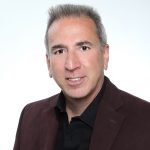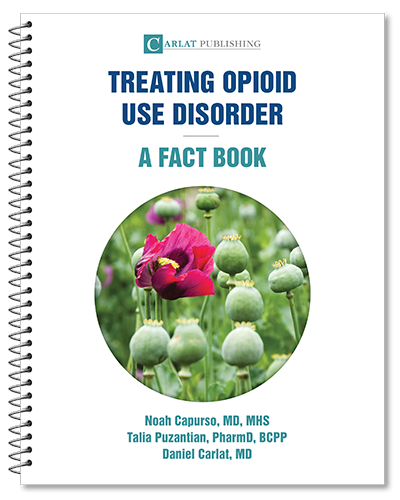Addiction Treatment
Helping People With Co-Occurring Mental Health and Substance Use Disorders
Kenneth Minkoff, MD
Senior system consultant, ZiaPartners, Inc, which provides consulting services for co-occurring disorders. Part-time assistant professor of psychiatry at Harvard Medical School.
Dr. Minkoff has disclosed that he has no relevant financial or other interests in any commercial companies pertaining to this educational activity.
Read More
When Dual Diagnosis Patients Request Addictive Medications: What to Do?
 Charles Atkins, MD
Chief medical officer, Community Mental Health Affiliates, CT
Dr. Atkins has disclosed that he has no relevant financial or other interests in any commercial companies pertaining to this educational activity.
Charles Atkins, MD
Chief medical officer, Community Mental Health Affiliates, CT
Dr. Atkins has disclosed that he has no relevant financial or other interests in any commercial companies pertaining to this educational activity.
Do Prizes for Abstinence Increase Sobriety in People With Serious Mental Illness?
Daniel Carlat, MD
Dr. Carlat has disclosed that he has no relevant financial or other interests in any commercial companies pertaining to this educational activity.
Read More
When AA Is Not the Answer: SMART Recovery and Other 12-Step Alternatives
Tom Horvath, PhD
President, Practical Recovery
Dr. Horvath has disclosed that he has no relevant financial or other interests in any commercial companies pertaining to this educational activity.
Read More
Technology-Assisted Care for Substance Use Disorders
 Edward V. Nunes, MD
Dr. Nunes is a professor of psychiatry at Columbia University and principal investigator of the Greater New York Node of the National Institute on Drug Abuse (NIDA) Clinical Trials Network.
Dr. Nunes has disclosed that he has no relevant financial or other interests in any commercial companies pertaining to this educational activity.
Edward V. Nunes, MD
Dr. Nunes is a professor of psychiatry at Columbia University and principal investigator of the Greater New York Node of the National Institute on Drug Abuse (NIDA) Clinical Trials Network.
Dr. Nunes has disclosed that he has no relevant financial or other interests in any commercial companies pertaining to this educational activity.
How Low Can You Go? Ultra-Low Magnitude Reinforcers in a Methadone Clinic
Kirsten Pickard, BA.
Ms. Pickard has disclosed that she has no relevant financial or other interests in any commercial companies pertaining to this educational activity.
Read More

_-The-Breakthrough-Antipsychotic-That-Could-Change-Everything.jpg?1729528747)



